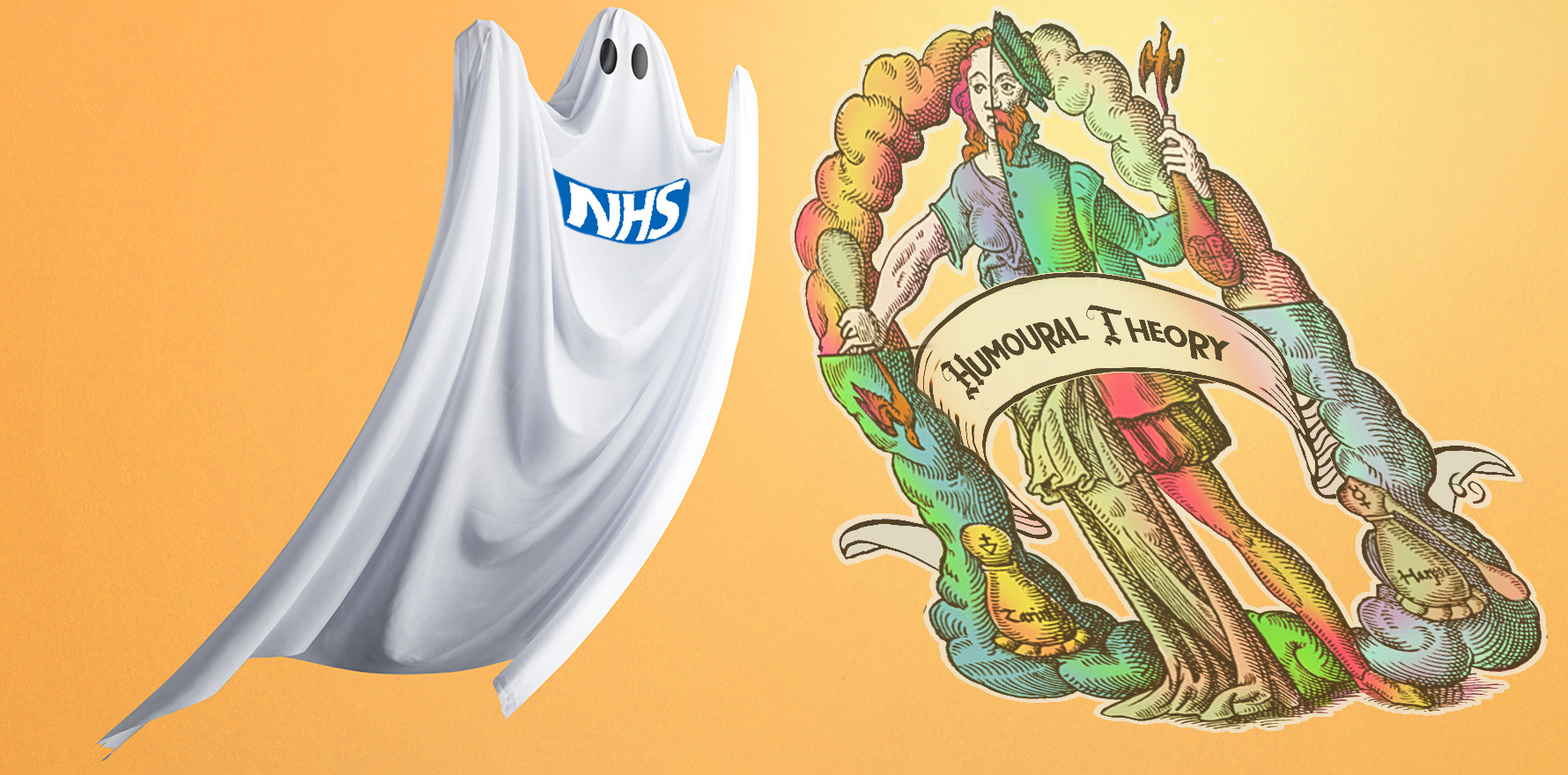Here is the lowdown on the physician associate debacle threatening to split the Royal College of Physicians.
Leaders of the UK’s Royal College of Physicians are facing calls for a mass resignation as incensed members move to limit the rollout of physician associates.
If you’d like to know how it got there, read on.
The RCP has weathered a few scandals in its 500-year history, from the 1767 dispute over admitting fellows from non-Oxbridge universities to the 1909 decision to allow female doctors to sit its exams.
PAs, though, are a new beast.
What are physician associates?
In theory, physician and anaesthesia associates are there to work within a defined scope of practice to provide “continuity and stability” for patients and health teams as junior doctors and surgeons rotate through specialties.
In reality, the only hard-and-fast rules are that they cannot prescribe medicines or order ionising radiation.
And even these rules can be bent – in February, a Freedom of Information request revealed that PAs at Leeds Teaching Hospitals NHS Trust had requested ionising radiation on 1168 occasions.
Doctors have also reported that PAs at some trusts “hand instructions to new doctors on what to prescribe”.
For training, they complete a bioscience-related undergraduate degree before moving into a two-year Master of Physician Associate Studies program.
The Masters includes around 1600 hours of clinical training with a minimum of 350 hours in general hospital medicine, 90 hours in mental health, 90 hours in surgery and 90 hours in paediatrics.
Why can’t I escape physician associate discourse on social media?
Physician associates have technically been knocking around the UK health system since 2003 but have been in the news cycle for the last 12 months because the government made a plan to hire 10,000 by 2038.
As of 2023, there were only 3000 qualified PAs working in the UK. To scale up the profession, it was decided that PAs needed a regulator.
Instead of creating a specific council to oversee physician associates, the job got thrown to the General Medical Council – the UK equivalent of the Medical Board of Australia.
The Royal College of Physicians has had a Faculty of Physician Associates since 2015, which oversees PA training and examinations as well as managing the PA voluntary register.
The RCP receives membership fees from these members.
Late last year, RCP members called for an Extraordinary General Meeting – the third in the college’s history – to debate motions relating to the scope, accountability, evaluation and training of PAs.
That meeting was finally held this week. It went … poorly.
Related
What went down at the RCP EGM?
Much like the Royal Family’s approach to Kate Middleton’s absence, the RCP’s attempt to PR-spin its way out of trouble has spectacularly backfired.
The college sent out a pre-EGM survey to all 12,000 non-voting doctor members – this excludes fellows – with questions on PA training.
Around 2000 responded, putting the response rate at 17%.
Presenting the survey data at the EGM, the college lumped together the positive and neutral responses to make it appear that doctors were largely in favour of PAs being integrated into the NHS.
After facing pressure from members, the RCP released the raw data from the survey.
While the EGM presentation stated that 66% of doctors who currently work with PAs were neutral or positive about PAs, the raw data revealed that just 30% had responded positively, 27% had been neutral and 42% were negative.
The @RCPhysicians reported that doctors who currently work with PAs were more positive with 66% responding neutrally or positively about a PAs role in the MDT.
— DoctorsVote ? #TellThemAgain (@Doctors_Vote) March 18, 2024
However, when looking at the actual figures 42% of doctors responded negatively, compared to only 30% responding… pic.twitter.com/Ofzxo5ROC6
Post-EGM fallout
High-profile clinicians like RCP councillor Dr Partha Kar and GP researcher Professor Trish Greenhalgh have publicly criticised the college following the meeting, with the former calling the data presentation “basically wrong” and “in many ways fraudulent”.
Ok then
— Partha S Kar ?????? (@parthaskar) March 18, 2024
I am breaking ranks
As Councillor @RCPhysicians
Open letter to council
Time for senior leadership to consider their positions
Silence is complicity
And that? Isn’t me
Enough. #RCPEGM pic.twitter.com/6vlBqthwAq
On Wednesday (Australian time), the college’s deputy registrar announced that she would be stepping down after three years in the role.
Now, RCP president Dr Sarah Clarke has formally addressed the data debacle in a statement to members.
“It was our intention to use this opportunity to give an indication of the views of our members from this survey,” she said.
“I apologise unreservedly for any confusion.
“We are working to understand why this happened so that I can ensure that we improve our processes.”
The results of the EGM ballot will be released on Monday, with the college pledging to honour the outcome of the vote.





